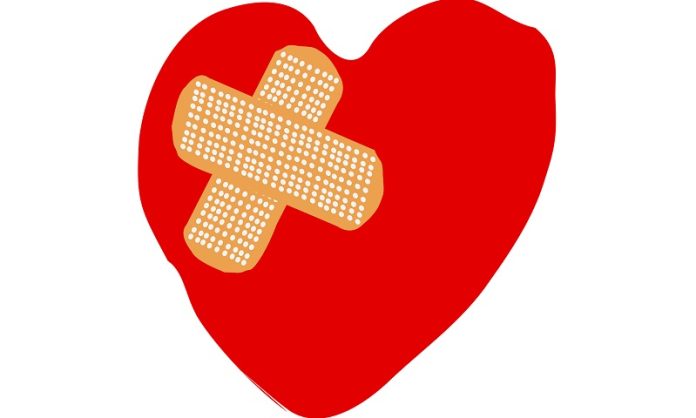
In a study from the University of Innsbruck, scientists found both hot and cold environments trigger a stress response in the human body and can lead to heart problems.
The climate and energy crises are currently among the greatest challenges of our time and are having a direct physical effect on people’s health.
In the study, the team examined the body’s responses to a simulated heat wave and cold ambient temperatures.
In one experiment, the researchers examined how heat waves affect the health of industrial workers. Seven men spent nine consecutive regular workdays in a controlled laboratory setting.
On the first and last three days, normal summer temperatures for Central European conditions ranged from 25.1 to 25.7 degrees during work and 21.8 to 22.8 degrees during rest periods.
Days four through six represented the heat wave; during this period, researchers created ambient temperatures between 35.2 and 35.8 degrees during work periods and 25.5 to 27.1 degrees during rest periods including while sleeping at night.
During the entire study, participants completed daily tasks to simulate typical industrial work.
The team found that even relatively mild heat waves cause an increase in core and skin temperatures and an increase in skin blood flow.
While these physiological reactions help the body from overheating at rest, during standing the body must now defend both internal temperature and maintain blood pressure to prevent fainting, which puts an extra strain on the cardiovascular system.
Interestingly, many of these responses persisted after the heat wave was over, suggesting a residual effect of the heat wave.
In another experiment, the team examined the impact of mild cold exposure on the cardiovascular system, with a specific focus on what mechanisms are responsible for the increase in blood pressure.
The researchers cooled the skin temperature of 34 test subjects from a normal 32 to 34 degrees to about 27 degrees with ten degrees of cold air—on one occasion the entire body was cooled, and on another only the face was cool.
They found that when the entire surface of the body is cooled, blood pressure increases mainly due to an increase in vascular resistance of the skin, although there was also a slight reflex increase in resistance of the blood vessels inside the skeletal muscle.
However, importantly, when only the face was cooled, we saw a very similar increase in blood pressure that was due to a reflex increase in vascular resistance of the skin throughout the whole body.
Thus, the team was able to show that the mechanism(s) responsible for the rise in blood pressure during cold exposure depends on which parts of the body are cold.
These data are important to educate the population about preventing the potential negative consequences of cold exposure because contrary to the perception of many, cold is even more dangerous to the body than heat.
Both studies show that climatic conditions can have extreme effects on our cardiovascular system.
The team says while negative health aspects triggered by heat waves will increase due to the climate crisis, it is particularly surprising that even cold temperatures around 10 degrees can have big negative effects on the cardiovascular system even in young people who were part of these studies.
If you care about heart failure, please read studies about a big cause of heart failure, and Aspirin is linked to a higher risk of heart failure.
For more information about health, please see recent studies that olive oil may help you live longer, and Vitamin C is linked to a lower risk of heart failure.
The studies were conducted by Physiologist Justin Lawley et al and published in the journals Scientific Reports and Experimental Physiology.
Copyright © 2022 Knowridge Science Report. All rights reserved.



